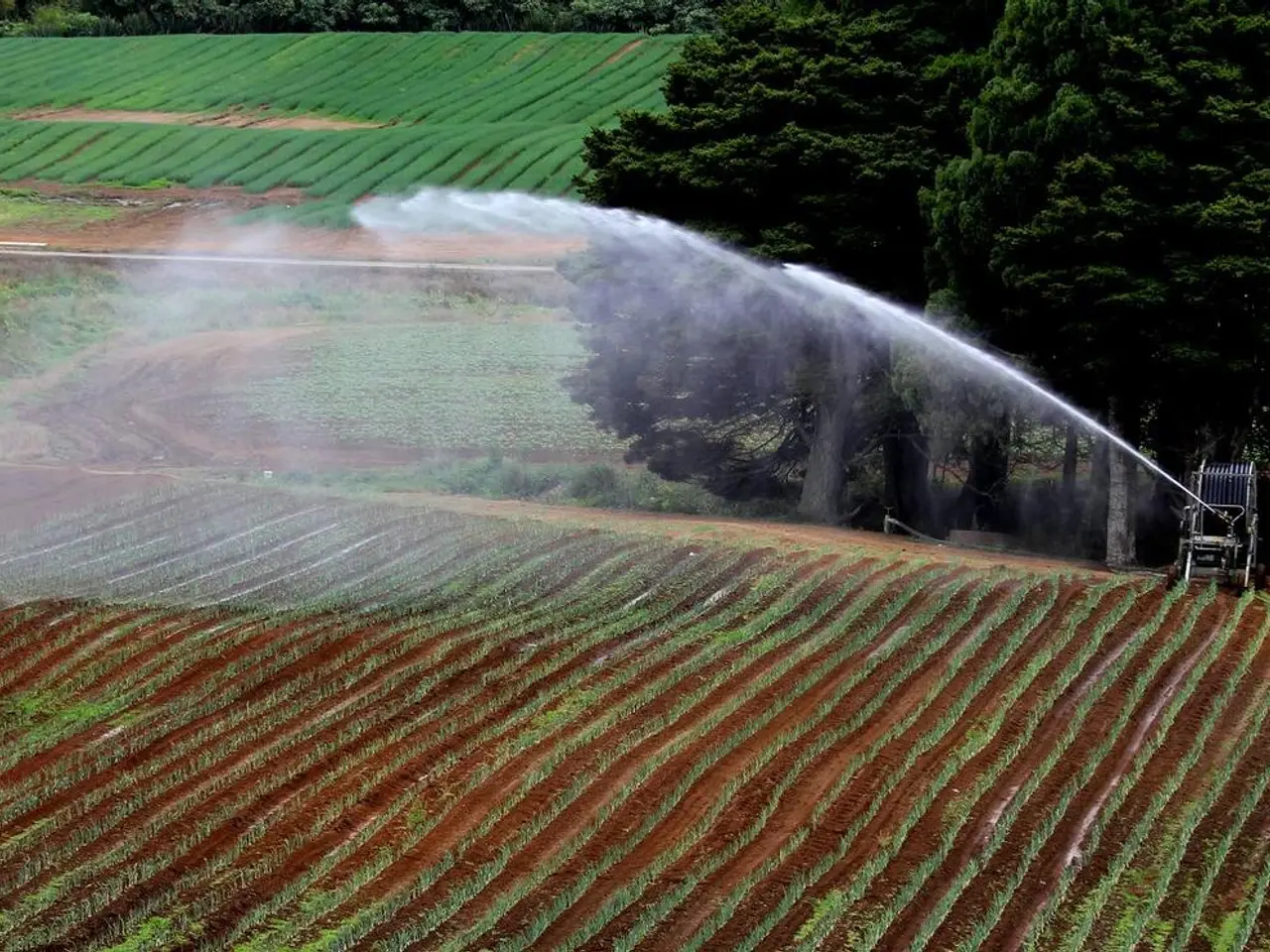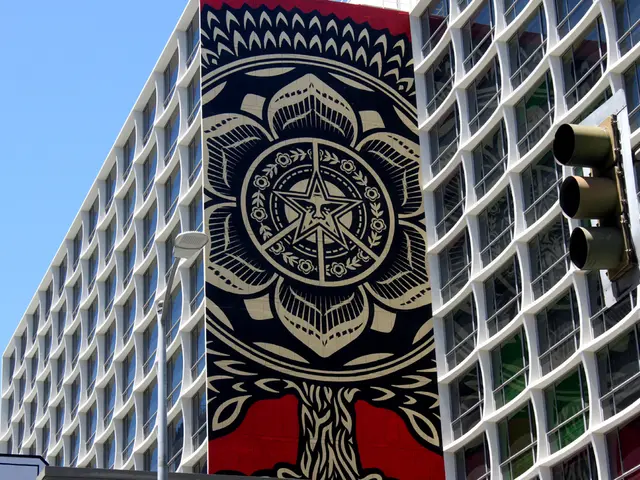Indonesia Tightens Coal, Nickel Output Control with Major Policy Shift
Indonesia has implemented a significant policy shift, granting authorities more control over coal and nickel output. The reform shortens quota validity and increases regulatory oversight, aiming to manage production levels and support price stability.
Key changes include reducing quota validity from three years to one, and shortening the timeline for quota decrements from one year to three. This means companies must now apply for new quotas annually, with a submission window from October 1 to November 15.
Companies must also resubmit applications for previously approved 2026-2027 quotas, creating a compressed timeline for 2026 approvals. Enhanced land rehabilitation funding verification is now required for quota approval, strengthening environmental oversight and creating more frequent compliance checkpoints.
The Indonesian Coal Mining Association (APBI) has expressed concerns about increased administrative burden and reduced business certainty.
The reform may enhance Indonesia's ability to manage production levels and respond to evolving market demands, particularly in the nickel sector. However, companies must now navigate more frequent regulatory approval processes and adjusted planning cycles. The changes take effect starting in 2025, with the first annual quota submission window opening on October 1.
Read also:
- Tony Hawk's Memorabilia Auction Raises Record $1.2M for Skatepark Project
- Customs Raid in Germany's Hotel Industry Finds 12 Illegally Present Workers
- MIH Consortium Chooses BlackBerry for Next-Gen EV Platform
- Aquatech purchases Koch's Direct Lithium Extraction business, merging Li-ProTM DLE technology into the PEARLTM Technology Platform.







